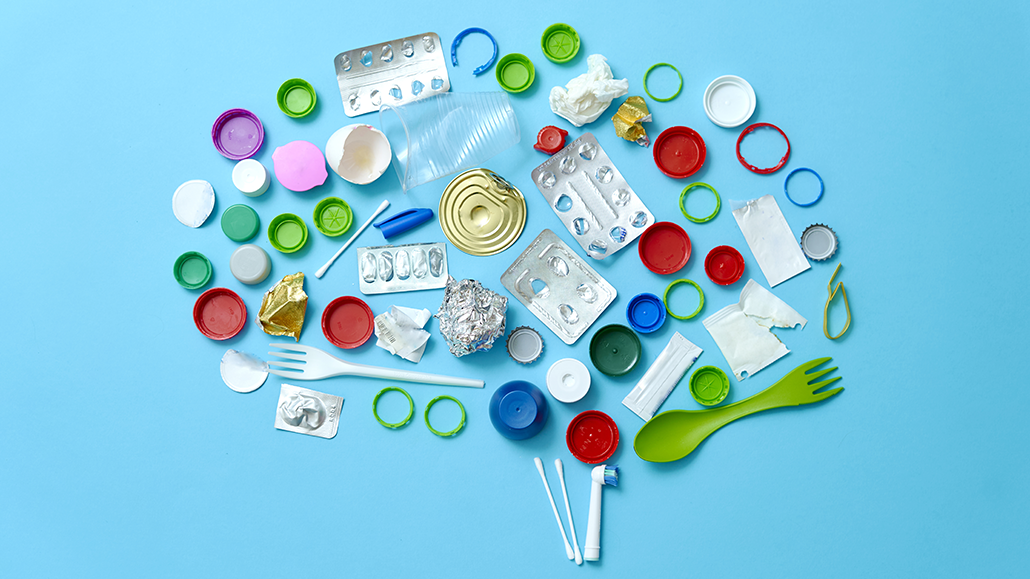
Environment
More and more, microplastics are collecting in our brains
Over eight years, the mass of microplastics in human brains increased by some 50 percent. There are growing hints that internal microplastics may harm us.
By Laura Sanders and Janet Raloff










